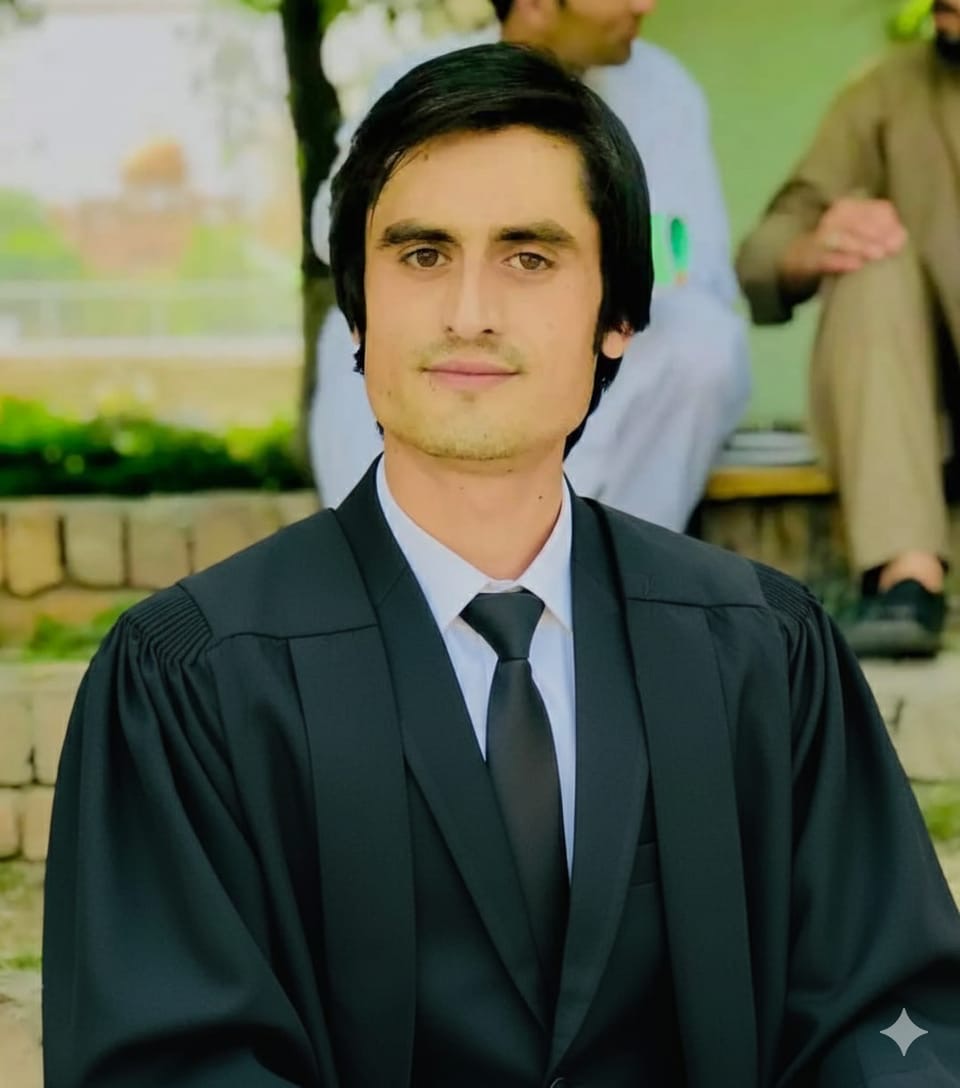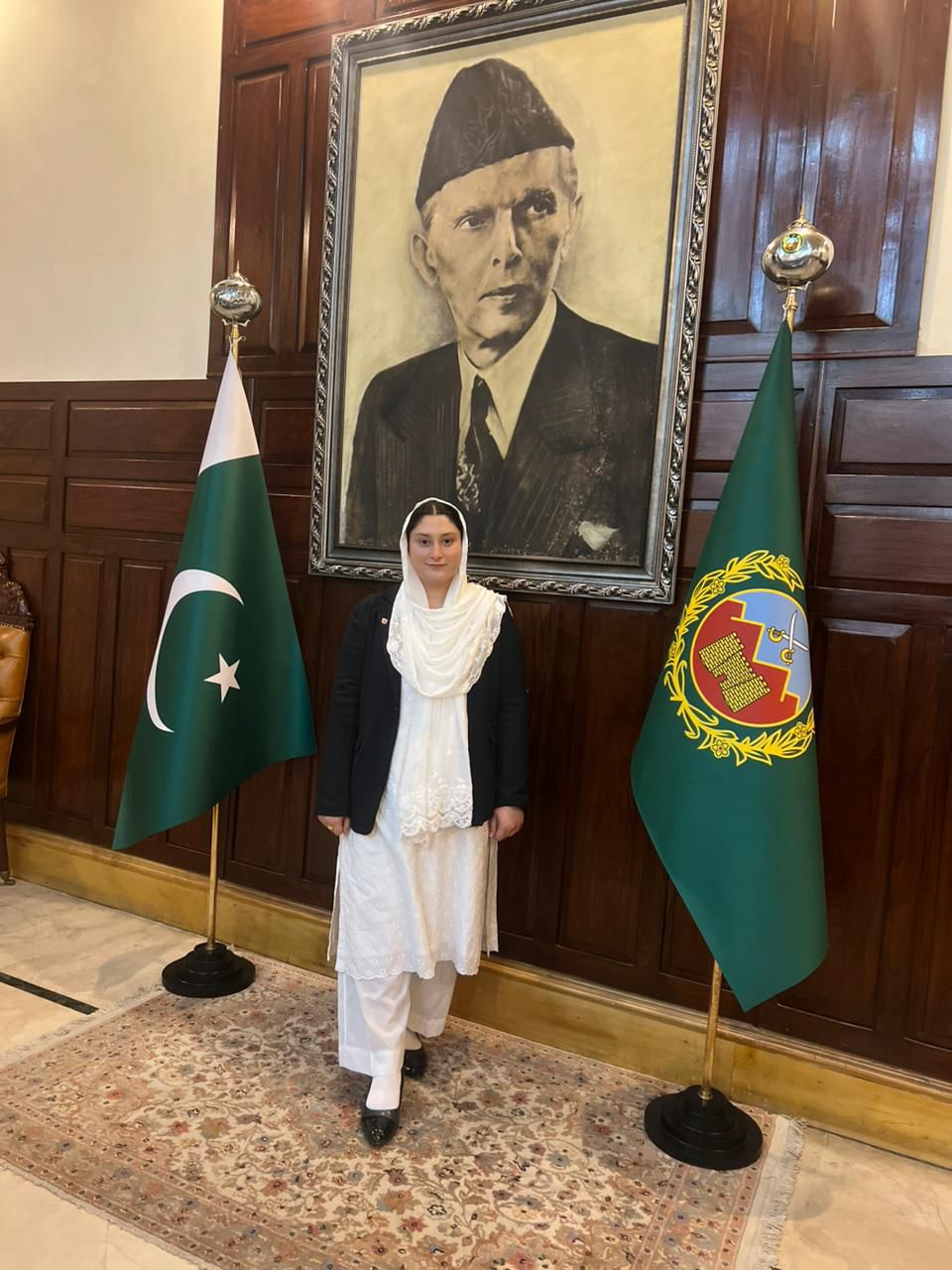Best Divorce & Separation Lawyers in Peshawar
Share your needs with us, get contacted by law firms.
Free. Takes 2 min.
Free Guide to Hiring a Family Lawyer
List of the best lawyers in Peshawar, Pakistan
Pakistan Divorce & Separation Legal Questions answered by Lawyers
Browse our 6 legal questions about Divorce & Separation in Pakistan and read the lawyer answers, or ask your own questions for free.
- Regarding divorce pakistan
- My husband wants to divorce me from Pakistan. He is in Italy, and I'm in the UK. He never came to England. I don't want to accept the divorce. What can I do?
-
Lawyer answer by MAH&CO.
Hello,Thank you for sharing your situation. Under Pakistani law, a husband can initiate divorce (Talaq) even if he is residing abroad. However, the process must comply with legal requirements, including sending a written notice to the Union Council and giving...
Read full answer - After the baby will born. And the parents get divorce. So, the baby all birth documents have still has their father name on it or not?
- Currently am pregnant. And my husband send me from United Kingdom, London to Pakistan and now he's not communicating with me and also not send me my maternity expenses. So, after the baby born. And if I want divorce from him. So, the baby all documents will not have his... Read more →
-
Lawyer answer by Jeelani Law Empire Karachi Pakistan
LEGAL CONSULTATION OFFER – FAMILY, DIVORCE & CHILD SUPPORTDear Madam,Thank you for reaching out regarding your situation. Based on the facts you shared, please find below the legal position and support we can offer:✅ Legal Position:Father’s Name on Baby’s Documents:As...
Read full answer - annulment of marriage
- can a marriage be annulled after rukhsati and nikah even if not consummated?
-
Lawyer answer by Iqbal International Law Services
First of all, there is no law of annulment in Muslim law. If you are talking about Christians, that is a different matter. However, after rukhsati, marriage cannot be annulled. After rukhsati, one can go for divorce.
Read full answer
About Divorce & Separation Law in Peshawar, Pakistan
Divorce and separation are sensitive issues governed by both civil and religious laws in Peshawar, Pakistan. The legal framework for divorce and separation in Pakistan is primarily derived from the Muslim Family Laws Ordinance 1961 and the Family Courts Act 1964, alongside the Islamic Sharia law for Muslim citizens, which constitutes the majority of the population. For non-Muslims, divorce matters are handled as per their respective personal laws. The legal process for divorce can vary depending on whether the divorce is initiated by the husband (Talaq), wife (Khula), or mutually (Mubara'at).
Why You May Need a Lawyer
Legal assistance in divorce and separation might be necessary in several situations, including but not limited to:
- Understanding your rights and obligations
- Navigating the complex legal requirements for filing a divorce petition
- Negotiating and drafting a settlement agreement
- Resolving custody and visitation disputes
- Calculating and disputing spousal support and child maintenance
- Property division and asset distribution
- Enforcing or challenging prenuptial agreements
- Legal representation in court proceedings
- Appealing court decisions
Local Laws Overview
The key aspects of local laws relevant to divorce and separation in Peshawar, Pakistan include:
- Talaq: The husband's right to pronounce divorce upon which there is a mandatory waiting period (Iddat).
- Khula: The right of a wife to seek divorce through the court by returning her dowry or other compensation to the husband.
- Arbitration Council: Before a divorce is granted, parties are required to seek an attempt at reconciliation through an Arbitration Council.
- Child Custody: Custody issues are resolved with the child's best interests in mind, and provisions are made for maintenance of the child.
- Spousal Support: Decisions regarding spousal support during and after divorce are made based on several factors such as the length of the marriage, contributions to the marriage etc.
- Property Division: Division of marital assets upon divorce is as per Islamic jurisprudence or civil law decisions, based on the nature of the assets.
Frequently Asked Questions
What is the legal age for marriage in Peshawar, Pakistan?
The legal age for marriage is 18 for males and 16 for females, though efforts are ongoing to raise the age for females to 18 to align with international standards.
How long does the divorce process take in Peshawar?
The duration of the divorce process can vary from case to case, typically ranging from a few months to a year or more, depending on the complexity and whether the divorce is contested.
Can a wife initiate a divorce?
Yes, a wife can initiate a divorce through a legal process called Khula in which she might have to return her dowry or other compensation to the husband.
Is child custody automatically granted to the mother?
No, child custody is not automatically granted to the mother. The courts will consider the best interests of the child, which may include factors like the child's age, sex, and the parents' financial and social standing.
Can a husband deny paying maintenance after divorce?
Post-divorce, the husband is legally required to provide maintenance for the children from the marriage. If a husband refuses, the wife can file for maintenance, and the court may enforce it.
How is property divided after divorce?
Property division is based on Islamic principles or civil agreements made during marriage. Marital assets are generally divided fairly and equitably, taking into account various factors such as each spouse's contribution.
Do I need to go to court to get a divorce?
Yes, even if the divorce is mutual, legal proceedings must be followed, and the final divorce decree must be issued by a court.
What is the difference between Talaq and Khula?
Talaq is the Islamic right of a husband to divorce his wife, while Khula is the right of a wife to initiate divorce proceedings, often involving returning her dowry.
Can non-Muslims file for divorce in Peshawar?
Yes, non-Muslims can file for divorce in Peshawar under their respective personal laws or under civil law if such provisions apply.
Is it possible to reconcile after initiating a divorce?
Yes, reconciliation is possible and even encouraged at various stages of the divorce process, including during the Iddat period in the case of a Talaq.
Additional Resources
For those seeking legal advice regarding divorce and separation in Peshawar, Pakistan, the following can be helpful resources:
- NADRA, for the documentation of divorce and issuance of Divorce Certificate
- Local Family Courts
- Bar Council or Bar Association for legal assistance and lawyer referrals
- Women's protective and legal aid organizations
- Civil rights organizations and NGOs offering support and counsel
Next Steps
If you need legal assistance in divorce and separation cases in Peshawar, Pakistan, here are the steps you can follow:
- Contact a reputable lawyer or law firm specialized in family law.
- Gather all necessary personal and legal documents, such as marriage certificates, children's birth records, and any existing marital agreements.
- Discuss your case in detail with your lawyer, who can guide you through the legal process and help safeguard your interests.
- Consider alternative dispute resolution options, such as mediation, to reach a settlement before taking the matter to court.
- Follow the legal advice and proceed with the required legal actions to ensure the best possible outcome for your situation.
Lawzana helps you find the best lawyers and law firms in Peshawar through a curated and pre-screened list of qualified legal professionals. Our platform offers rankings and detailed profiles of attorneys and law firms, allowing you to compare based on practice areas, including Divorce & Separation, experience, and client feedback.
Each profile includes a description of the firm's areas of practice, client reviews, team members and partners, year of establishment, spoken languages, office locations, contact information, social media presence, and any published articles or resources. Most firms on our platform speak English and are experienced in both local and international legal matters.
Get a quote from top-rated law firms in Peshawar, Pakistan — quickly, securely, and without unnecessary hassle.
Disclaimer:
The information provided on this page is for general informational purposes only and does not constitute legal advice. While we strive to ensure the accuracy and relevance of the content, legal information may change over time, and interpretations of the law can vary. You should always consult with a qualified legal professional for advice specific to your situation.
We disclaim all liability for actions taken or not taken based on the content of this page. If you believe any information is incorrect or outdated, please contact us, and we will review and update it where appropriate.













